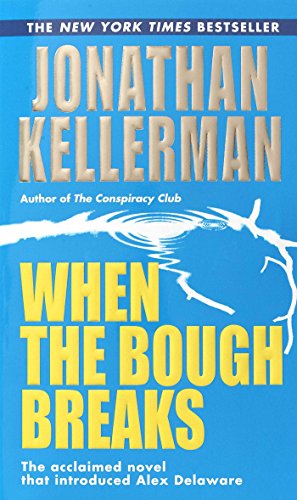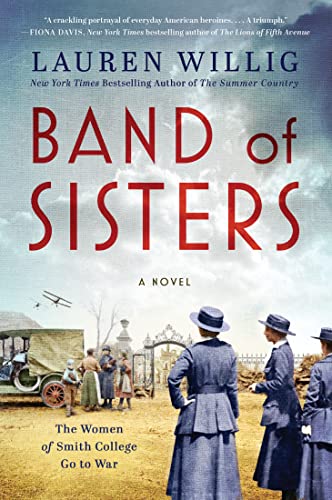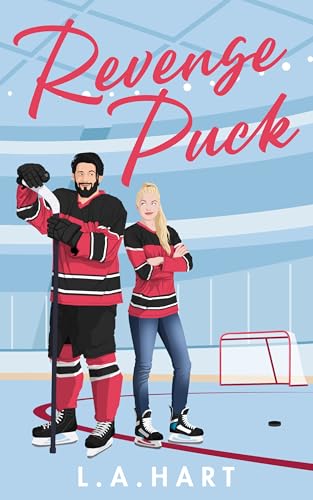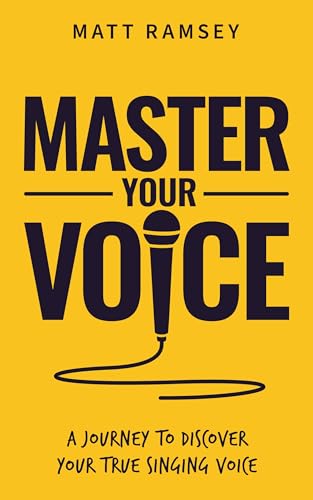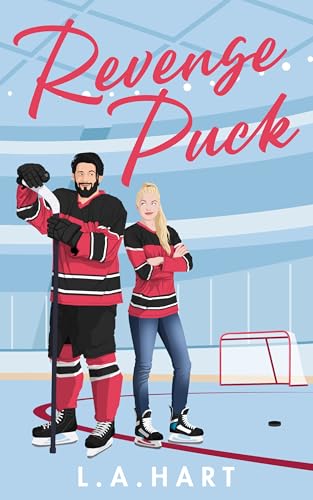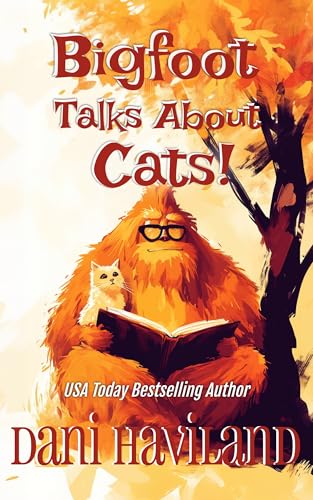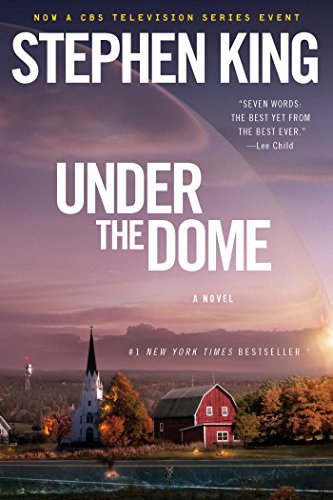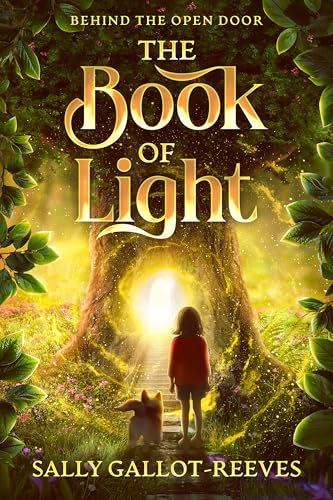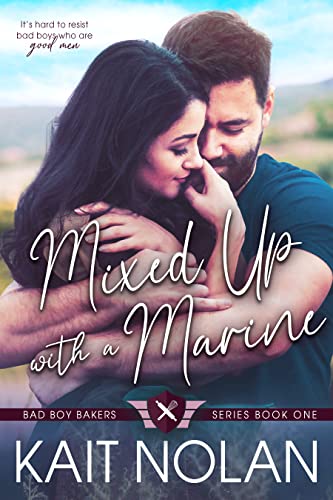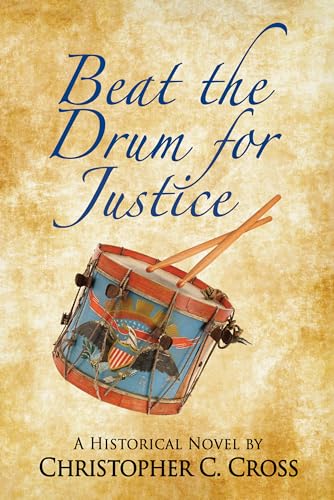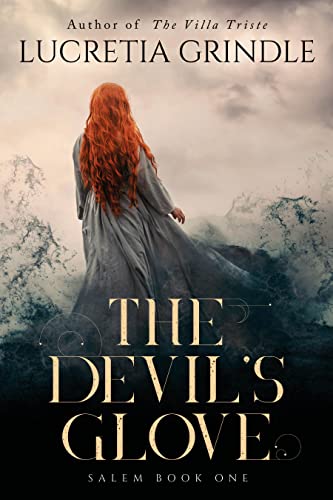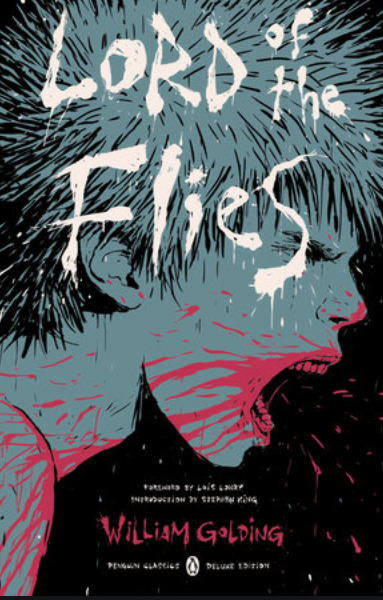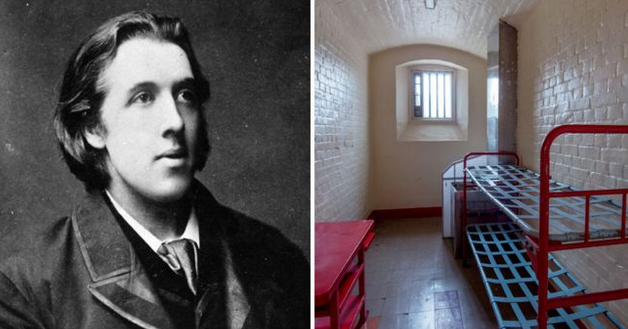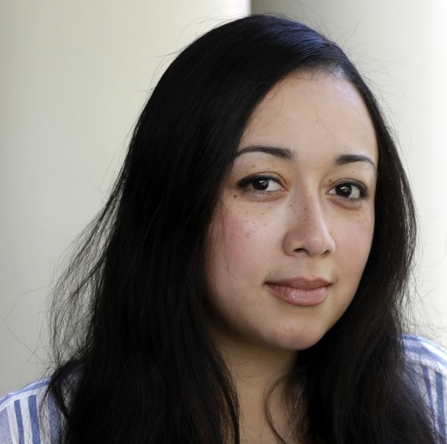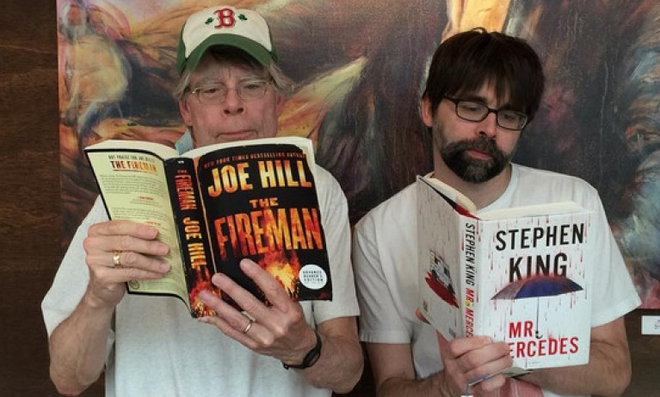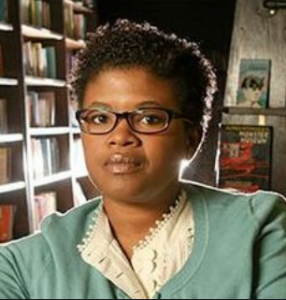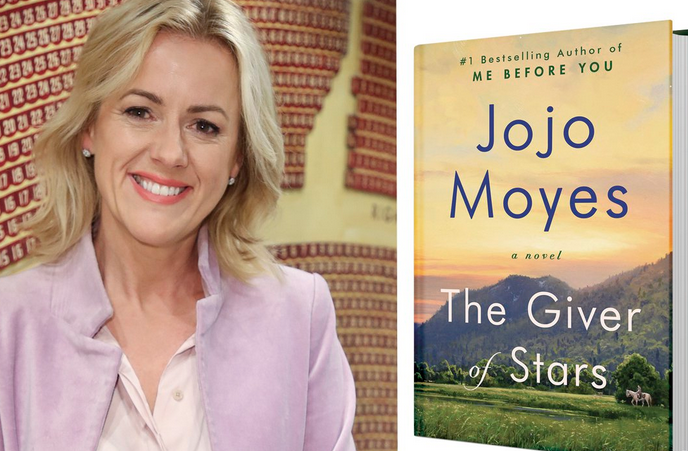William Golding elaborates on the exclusion of little girls from his deserted island and author Kim Liggett responds on CrimeReads… Support our news coverage by subscribing to our Kindle Nation Daily Digest. Joining is free right now!
It was the bone-deep sense of raw humanity that I remembered most from reading Lord of the Flies in high school. It felt like a dark truth. A secret language only the people who’d read it would understand. So, as an adult, working on my own book about girls who are banished to an island for their sixteenth year to rid themselves of their dangerous magic, I decided that I would revisit William Golding’s classic, in hopes of rekindling that spark.
I chose the audiobook because the narrator was William Golding himself. What could be better than that? I just knew I was going to pick up on things that only the author would be able to imbue, and unfortunately…I was right.
The recording starts off lovely. His grandfatherly voice, his delightful British accent as he describes the bucolic scene, in 1953 or 1954, when he decided to write his beloved classic, Lord of the Flies. He was sitting on one side of the fireplace, his wife on the other, when he suddenly said, “Wouldn’t it be a good idea to write a story about some boys on an island showing how they would really behave—being boys and not—little saints as they usually are in children’s books.”
His wife replied, “That’s a first-class idea. You write it.”
So, he went ahead and wrote it.
I can almost see them wrapped up in woolen sweaters, the tinkling of bone china as they refill their teacups, ash wood and bergamot filling the air inside their quaint country cottage.
I find myself utterly transfixed and thoroughly charmed as I settle into my covers, readying myself for the ultimate bedtime story.
He continues…
“When girls say to me, and very reasonably, why isn’t it a bunch of girls? Why did you write this about a bunch of boys, my reply is, I was once a little boy. I have been a brother. I have been a father. I’m going to be a grandfather. I have never been a sister or a mother or a grandmother. So, this is why I wrote it really about little boys.”
Read full post on CrimeReads

